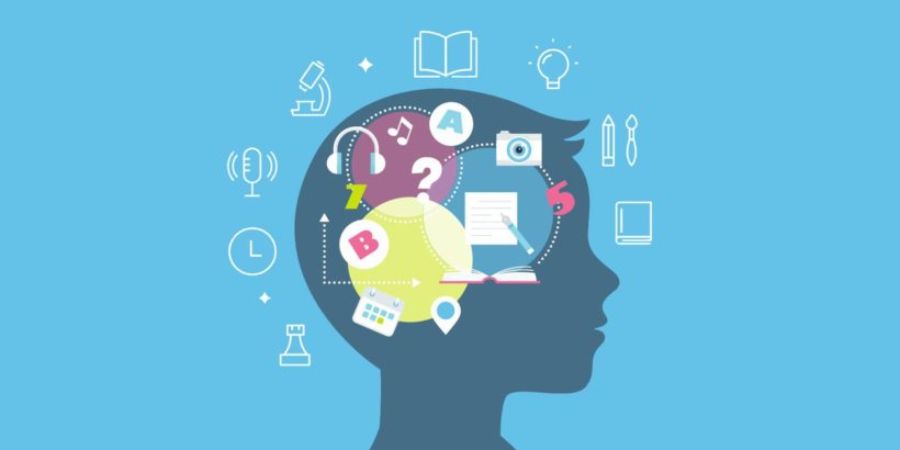

I have seen myself whine n-number of times about how I come across something and tame it enough to keep it in my mind, but after a significant amount of time, I open it up to claim it, and much to my frustration find it to have been disappeared—poof! To my immense relief though, I have discovered people around me to be struggling with the same phenomenon, which is, seeing, hearing, reading something, but failing to retain it for as long as they would wish to. Well, expecting to be able to store into your brain a piece of information that comes across your senses only fleetingly is downright foolish. Did you know it takes at least about eight seconds of intense focus to only process a piece of information into your memory? And certainly much longer—and more diligence—to retain it into your memory.
However, retention could be increased if you work towards sharpening your brain and boosting the power of your memory. Since memory is formed within the brain, particularly in the medial temporal lobe region of the brain, so improving the health and vitality of the brain, in general, is tend to strengthen the memory. Scientists have discovered that with the right stimulation, the brain can form new neural pathways, alter existing connections, and adapt and react in ever-changing ways. This ability to adapt and change—even into old age, is known as neuroplasticity. This ability can be harnessed to increase cognitive abilities, learning abilities and memory-sharpening. However, by the time we reach the age of 16 to 20, the brain has developed millions of well worn neural pathways to execute familiar tasks with a minimum of mental effort, sticking to which deprive the brain of the stimulation it needs to keep growing and developing. Strengthening memory, much like muscle strengthening, works on the mantra of “use it or lose it." Something that is unfamiliar and out of your comfort zone, that breaks your routine and challenges you to use and develop new neural pathways can be accounted as a good brain-boosting activity such as playing chess, solving Sudoku and cross-word puzzles, learning to play piano, or developing an interest in tap dance; as long as they are new to you and challenges you, allows you to start at an easy level and work your way up as your skills improve and at the same time are rewarding and satisfying. With a check on mental exercise square in the list, you'd next want to focus on physical exercise that helps the brain to stay sharp, enhancing the effects of helpful brain chemicals and reducing stress hormones. After exercise, you'd want to focus on the task which is majorly undervalued, i.e., getting your Zzzs. The truth being that over 95% of adults need at least 7.5 to 9 hours of sleep every night in order to avoid sleep deprivation, skimping even on a few hours compromises memory, creativity, problem-solving abilities, and critical thinking skills. Maintaining a regular sleep schedule, going to bed at the same time every night and getting up at the same time each morning, not breaking your routine, even on weekends and holiday, avoiding all screens for at least an hour before bed as the light emitted by TVs, tablets, phones, and computers trigger wakefulness and suppress hormones such as melatonin that make you sleepy.

Stress is one of the brain’s worst enemies. Over time, chronic stress destroys brain cells and damages the hippocampus, the region of the brain involved in the formation of new memories and the retrieval of old ones. Studies have also linked stress to memory loss. Thus, it is crucial to keep stress in check. Eat a brain-boosting diet, get your omega-3s, eat fresh fruits and vegetables, consume complex carbohydrates, and drink green tea. Incorporate laughter into your life and make time for friends which are, believe it or not, vital not only to emotional health but also to brain health. All these steps are a fool-proof way of gradually improving the health of your brain and thereby, your memory.
Repeating or paraphrasing what you learn is one of the golden rules of learning and memory. Pay attention whilst learning something new. Review and rehearse what you have learnt at least twice a month. Also, writing down and organizing information helps to keep track of appointments and activities and reinforces learning. Always remember our brain is an association machine, therefore, try to associate what new you have learnt to what you already know. Following these practical tips can help a lot in retaining information (in the short-run).




